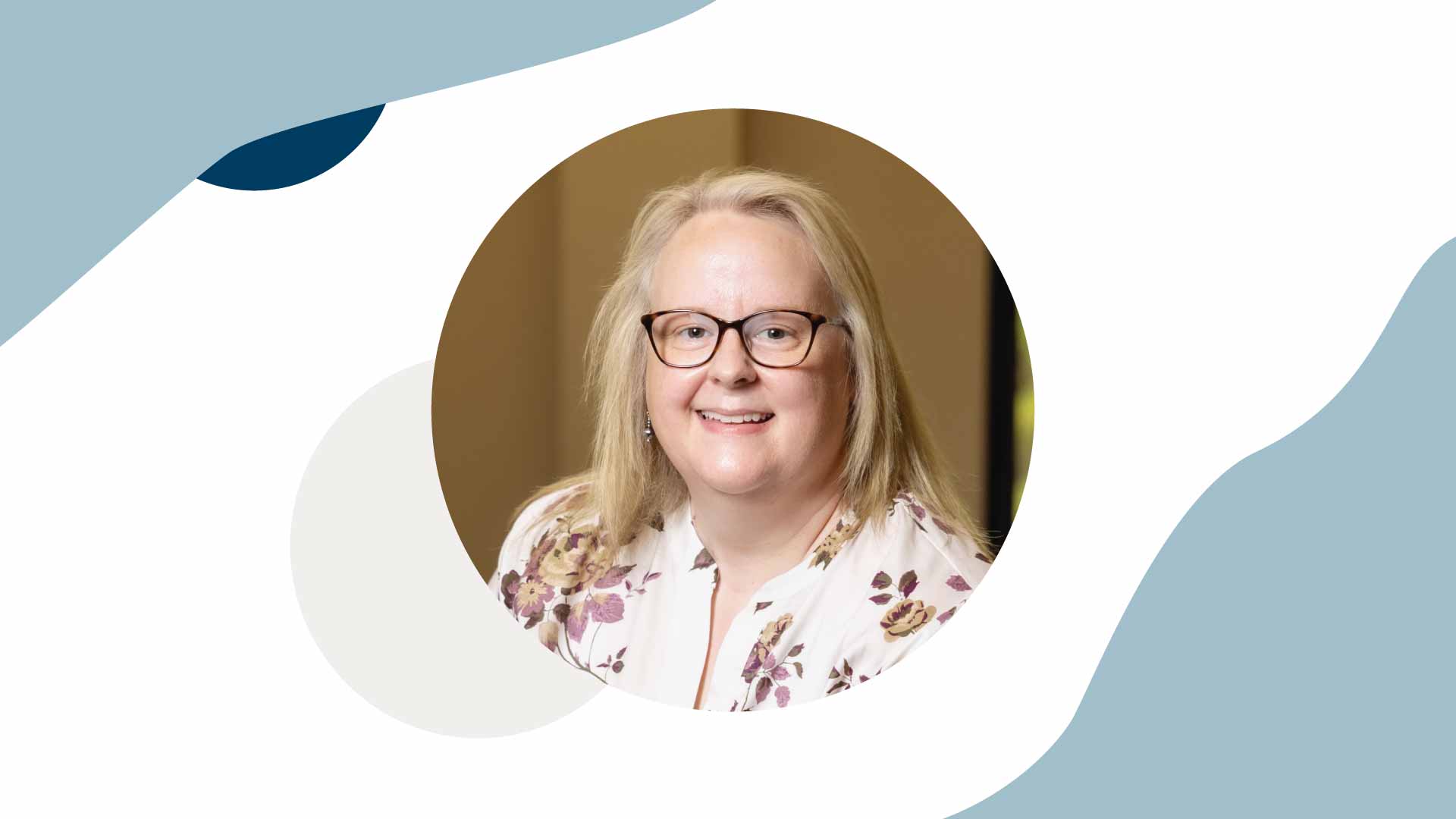

The Balancing Act
By Samantha Johnson
Instructor of Psychology
After finishing my first year as a full-time faculty member, I fully understand why “they” say the first year of teaching is the hardest.
“They” are right, and while I’ve loved every minute of it, it has been a journey of faith being entrusted with this position. Managing a busy teaching schedule, advising students from freshmen to graduating seniors, and learning just how important it is to remain steady, the ever-elusive concept of balance has been a juggle.
We see it in our students almost every day. Most of them have a lot of things demanding their attention: approximately 80% of our student population are athletes. They have workouts and team events nearly every day, in addition to games both at home and away. Most are attempting anywhere between 15 and 16 credit hours each semester, which requires adapting to (and often impressing) five different professors; they put in hours and hours of study, research, and writing papers at the collegiate level. For some, the academic rigor of our university is the most demanding task they have encountered to date. Most of our students are also working part-time jobs or internships to make ends barely meet. When you add in the pressures from home, adapting to roommates, living on your own for the first time, and figuring out how to do laundry, they are actively learning how to find a sense of balance.
We have several conversations with students urging them to do better with their coursework. Simply put: more is required. These aren’t easy conversations, but they are important. Professors can see the potential in students, and we know they can achieve high standards – they just need an honest conversation and a good push.
On the other hand, there have been several conversations with students about caring just a little bit less.
The anxiety levels among this generation are off-the-charts, and it’s also part of our job to help dial down those levels of anxiety so that students don’t self-sabotage and implode.
It’s helping them to know that it’s okay to score a 94% instead of a 97% and not make oneself sick over it. (They are, after all, the same letter grade.) In one instance, I told a student to skip my class, go and get some good sleep, eat something healthy, and treat themselves to either a good prayer walk or run and start to decompress from the stresses of life. It’s all in an attempt to help them find some balance.
If they will listen and can grasp the importance of balance, that skill will stay with them for a lifetime.
During this first year, I am learning the same things. The standards are high, and there have been times I’ve had to push myself to grow and do better – because more is required. One day this spring, I shut off my computer and left a stack of ungraded work on my desk so I could go to the gym, eat a healthy dinner, and get a good night’s rest before starting fresh the next day. When I am more balanced, my stress level is dialed down. Feedback given is not only more effective, but students seem to appreciate the grading – because it’s more balanced, too.
As I’m learning the balance of when to push and when to rest for myself, I marvel at the goodness of the God we serve. He knows when we need a push and also when we need to rest, too. We just need to listen, and know that we’ve been equipped, through faith, and that we are in the right place.
Listen to the new season of the BeyondU Podcast – exploring faith, culture, and higher education.